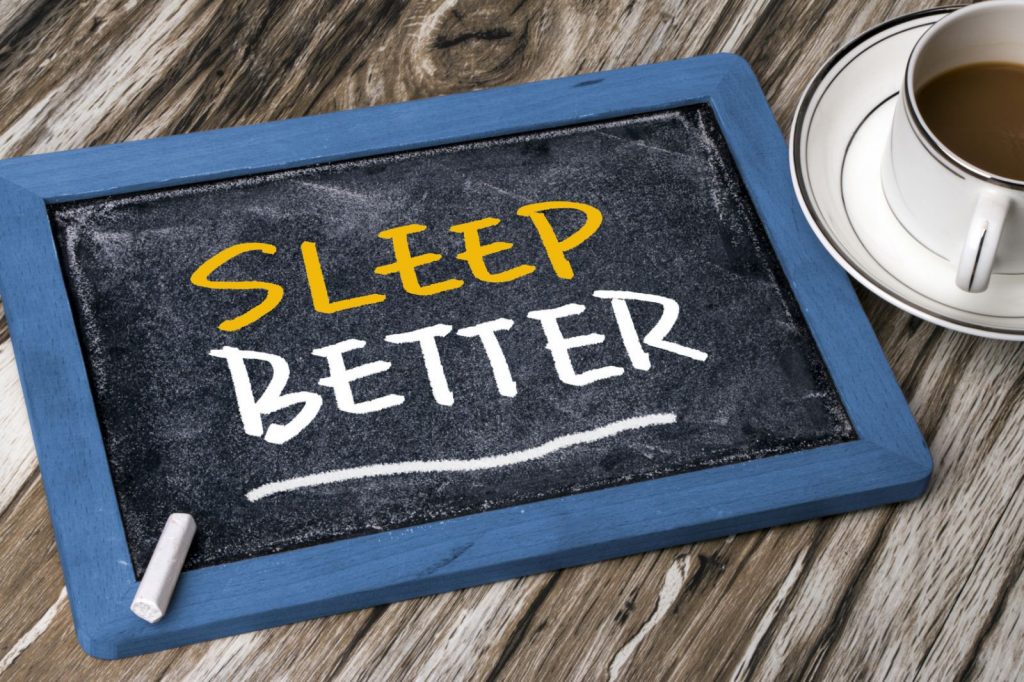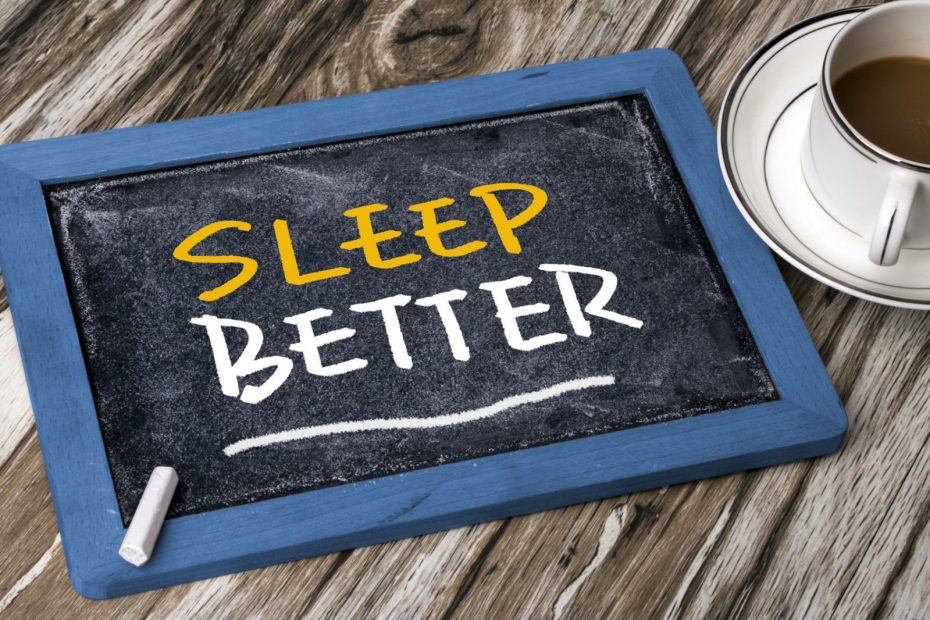
You are not alone in your journey to find better sleep. Over 60 million Americans deal with sleep issues and over one third of Americans do not receive the recommended amount of sleep according to John Hopkins Medicine. It is recommended that adults get seven to nine hours of sleep per night. For many of those 60 million people this is a result of poor sleep hygiene. Sleep hygiene is about your bedtime routine habits. Some habits can produce poor sleep hygiene while others inhance it. Check out metarelax review.
You may not be aware that some of your daily activities are affecting your sleep negatively. There are a few common things to keep in mind for positive sleep hygiene. Try to limit how often you are taking naps everyday. If you take naps often try to limit them to around 30 minutes. Studies have shown that even ten minutes of exercise everyday can assist with sleep aid as well. Another important tip is to try not to have caffeine after two in the afternoon. This fact is very challenging for many people, but having caffeine too late in the day can affect your sleep cycle. Lastly, try not to have any large meals close to your desired bedtime. Your digestive system plays a big role in your sleep as well!
If you are someone who is well versed in good sleep hygiene and are still having a hard time with your sleep, consider trying natural sleep remedies. Natural sleep aids refers to nonprescription solutions. Natural remedies are linked to assisting with better sleep, mitigating anxiety, and promoting relaxation. Here is a list of natural sleep aids you can try today:
Tip Number One: Practice Meditation & Mindfulness
What is mindfulness and meditation? These are words thrown around in wellness culture all of the time. Mindfulness is all about being aware of your surroundings and easing your mind. Meditation is a mindfulness practice where the goal is to achieve mental clarity. It is a skill that can be learned over time and a skill you can grow stronger at. For example, you can meditate by focusing on your breathing. Meditation can help reduce stress and improve certain brain cognitive functions such as concentration.
How does this relate to sleep? In a 2011 study performed in New York, research results concluded that meditation improved participants’ insomnia and overall sleep quality. This study took place over a few months where people were taught different forms of meditation and practiced techniques in group settings and individually.
What is amazing about meditation is how accessible it is. You can attend meditation classes, join meditation groups, download apps, but best of all you can access free online meditation videos on platforms such as YouTube. For free you can listen to a guided meditation video before sleep.
Tip Number Two: Lavender Oil
Another natural remedy you can try is introducing lavender oil into your nighttime routine. Lavender plants can be found all over the world and are used in many different cultures. When the flower is dried it can be turned into many different kinds of products. Lavender is a very popular scent because it has calming attributes.
It is said that lavender has many beneficial properties. It can help improve your mood by relaxing your body and mind. In 2014 a university hospital in Germany, Charité – Universitätsmedizin Berlin, conducted a study on how lavender oil capsules affected individuals suffering from insomnia and anxiety. The results of the study showed that overall participants experienced less anxiety which in turn provided better sleep when using the capsules.
You can use lavender as an essential oil that you spray around your room and your pillow or you can use lavender in the form of a tea and treat yourself to a cup before bed.
Tip Number Three: Melatonin
An over the counter solution is to try taking melatonin. Our bodies develop melatonin naturally and over time we develop individual melatonin windows based on our sleep cycle history. Our melatonin levels increase in the evening and decrease in the morning. Melatonin is a hormone that tells our brains when it is time for bed.
Why take supplements if your body develops the hormone on its own? Many people who struggle with a regulated sleep schedule or suffer from insomnia take supplements due to research showing it can help the body fall asleep in a shorter period of time.
In 2016, a group of researchers at Tehran University of Medical Sciences conducted a study examining how melatonin therapy affected sleep in shift workers. The research concluded that when taking three milligrams of melatonin each night workers experienced falling asleep faster and staying asleep longer.
Remember to try and keep up a good sleep hygiene routine. The longer you put these methods into practice the easier it will be to achieve consistent sleep. If you achieve strong sleep hygiene and are still struggling, try some lavender essential oils and give a guided meditation video a try.
